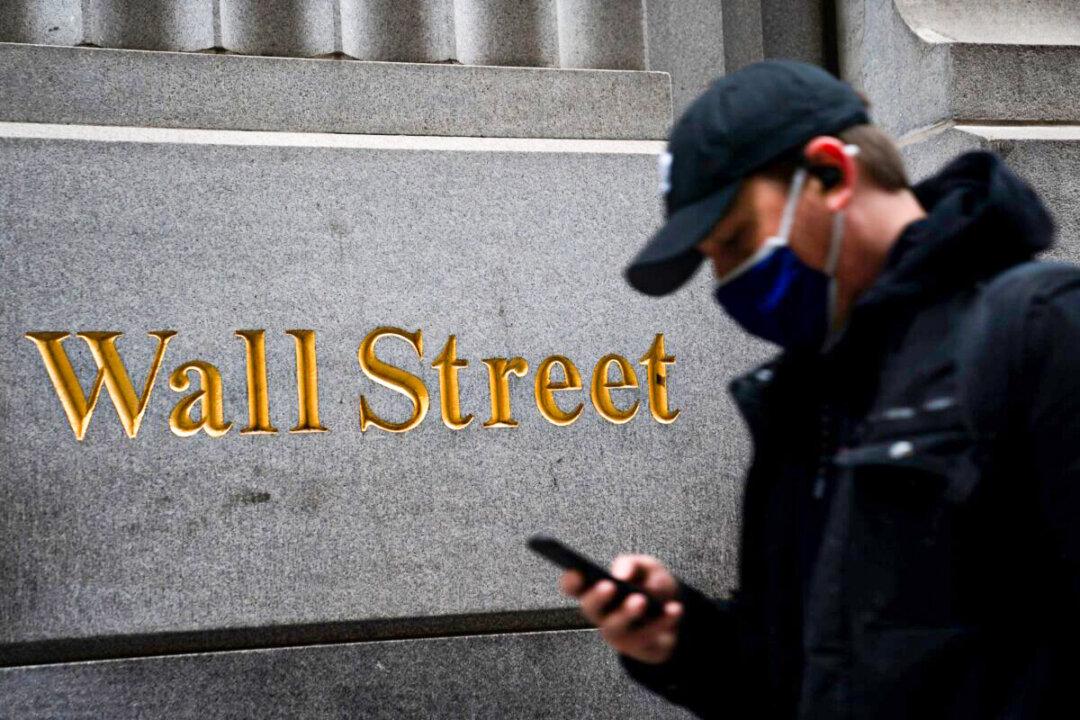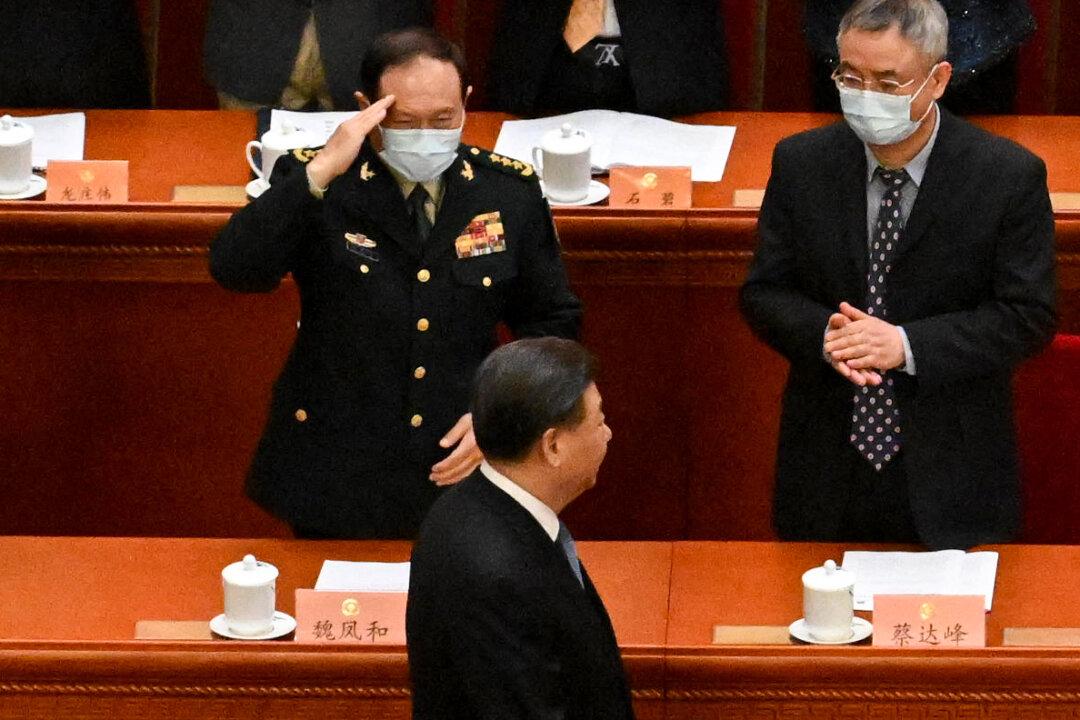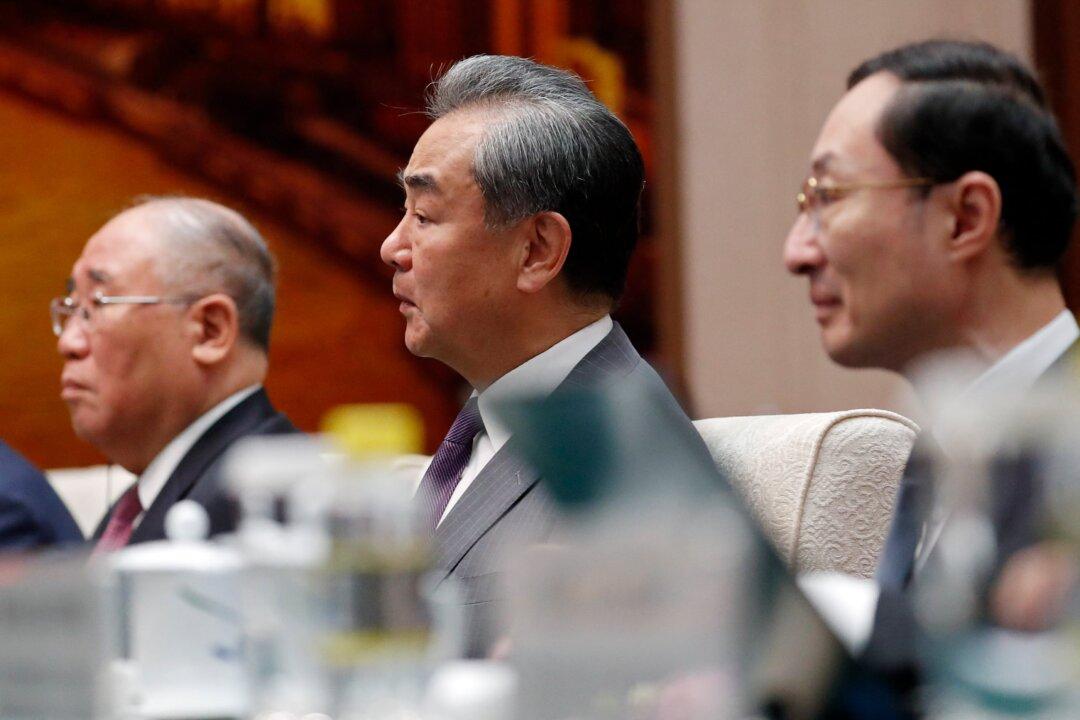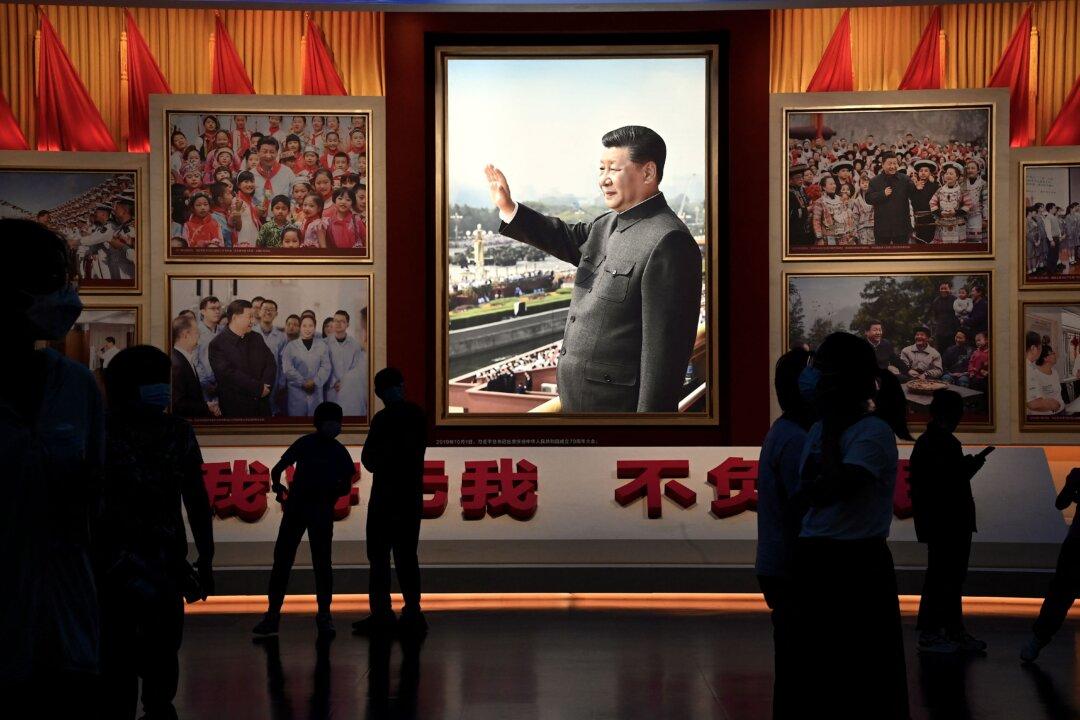News Analysis
Chinese companies are transitioning to a different model to raise money by going public. When one of China’s concept stocks is delisted from the United States, it’s then listed in Hong Kong or mainland China. At the same time, the Chinese Communist Party (CCP) is working hard to present an image of economic prosperity to attract foreign investment.





